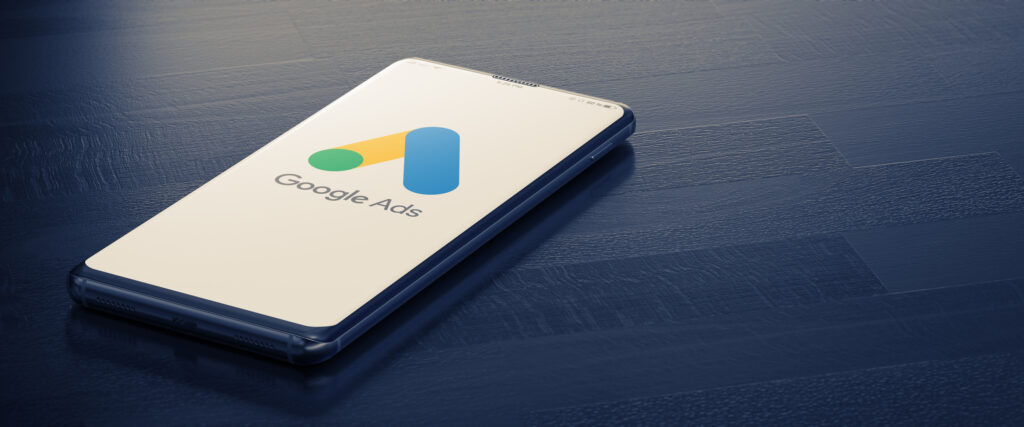Google Vs. Facebook: Which is the Best Platform to Advertise my Event? It’s Actually Both
Do you have a couple months of time for an event campaign? What about a decent budget to push ticket sales or RSVPs? Yes? Great, read on to learn how to strategically leverage digital advertising to unlock the best results possible.
Disclaimer: This is a quick marketing strategy guide that will not get into the technical weeds of digital ads. I.e., how to copy and paste code into headers. There will be links to Facebook official tutorials. I recommend you know how to do these things, can follow the tutorials linked, or hire folks like Promote Local 😊
Google and Facebook Hybrid Ad Strategy
Google (Get them through the door, fast)
Getting your ad out there ahead of time is important. The purpose of a Google Ad campaign is to get as much awareness out to your event as possible. We recommend promoting at least one month in advance.
Google has become a solutions engine, not just a search engine. People need very specific things, and they need it in a specific area, or done a specific way. This is how you are going to find the people most interested in your event.
Specific keyword driven event discovery
The best way to strategize for Google Ads is to think about how humans use Google.
“Metal concerts in Madison WI”
”When is the next marathon?”
Google ads offer great insight on initial keyword competitiveness, cost, and projected performance
You can find out which types of keywords are going to be more competitive (more money / click) Adversely, you can find niches that are less competitive, offering you a chance to gain cheaper clicks.
You will need a combination of both popular/competitive/expensive keywords, and niche/less competitive/cheaper keywords for best results.
Example of competitive and expensive keywords:
Music Venue near me
Example of a less competitive and cheaper keyword:
Bars where bands play (You know you’ve typed silly stuff like this into Google before)
Great, you have traffic flowing into your site from the Google Ad.
Some people have RSVP’d to your event, bought tickets, others haven’t. But that does not mean they are not interested.
So, how can we further advertise to them for a cheaper cost?
Retargeting.
Retargeting is displaying ads to -only- users who have interacted with your site. The average cost for retargeting campaigns is usually significantly less than targeting people who have never seen or clicked your ad.
This is where we will be transitioning to Facebook for the rest of the campaign.
Facebook (Collect the data, get as much value from each data point)
How do you set up retargeting on Facebook Ads? First, you need to integrate a Meta Pixel onto your site. If you are not web savvy, I do recommend you have someone (like Promote Local) do it 😊
The Meta Pixel will track user session data and store that for your retargeting campaign. Not only can you retarget ads cheaper to people who have been to your site, you can also do Lookalike Audiences.
Lookalike Audience generates an entirely new sample of Facebook users to advertise to based off of your Retargeting Audience. Facebook can calculate the commonalities of your site users and essentially say, “Hey, these people here on Facebook are like the folks who already know and like you”
Yeah it’s crazy how we have no privacy anymore with our personal data. But hey, when you’re selling tickets it’s pretty cool I guess.
*Note, to do retargeting and lookalike audiences, you need a certain amount of site visits, usually around 1000. This is why it’s important to have time on your side*
Now, using retargeting and lookalike audiences, your average ad cost / ticket purchase or RSVP should be lower.
Bam, now you have a paid advertising traffic engine that first collects mass impressions and clicks. Then, refine that data for specific targeting, and optimizing cost / ticket purchase or RSVP.

